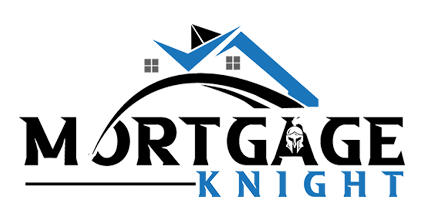Commercial mortgages are integral to the world of real estate investment and business expansion. However, unlike residential mortgages, commercial mortgage rates are more complex and can vary significantly based on several factors. This article delves into the intricacies of commercial mortgage rates, helping investors and business owners understand what influences these rates and how to secure the best possible terms.
Understanding Commercial Mortgage Rates
Commercial mortgage rates are not standardized like residential mortgage rates. They depend on various factors, including the type of property, the borrower’s creditworthiness, and the economic environment.
Key Influencers of Commercial Mortgage Rates:
- Property Type and Use: The type of commercial property (e.g., office, retail, industrial, multifamily) and its intended use significantly influence the risk assessment and, consequently, the interest rate.
- Loan-to-Value Ratio (LTV): Higher LTV ratios typically lead to higher interest rates due to the increased risk to the lender.
- Borrower’s Creditworthiness: The borrower’s credit history and financial strength are crucial factors. Businesses with strong financials and good credit histories can secure lower rates.
- Economic Conditions: Broader economic factors, like inflation and market stability, play a role in determining interest rates.
- Length of the Loan Term: Longer loan terms often come with higher interest rates due to the increased risk over time.
Types of Commercial Mortgage Rates
- Fixed-Rate Mortgages: These mortgages have an interest rate that remains constant throughout the loan term. They are ideal for borrowers who prefer predictable payments.
- Variable-Rate Mortgages: The interest rate can fluctuate based on market conditions, often linked to a benchmark rate like the Bank of England’s base rate.
- Interest-Only Mortgages: Borrowers pay only the interest for a set period, after which they start paying off the principal. These can have either fixed or variable rates.
Securing the Best Commercial Mortgage Rates
- Strong Business Plan: Presenting a solid business plan can reassure lenders of your project’s viability and reduce perceived risk.
- Healthy Credit Score: Maintain a strong credit history for your business and personally.
- Substantial Down Payment: A larger down payment often results in lower interest rates.
- Shop Around: Compare rates from different lenders, including banks, credit unions, and alternative lenders.
- Consider a Broker: Commercial mortgage brokers can help navigate the market and find competitive rates.
The Role of Professional Advice
Given the complexity and the substantial financial implications, seeking professional advice is often beneficial. Financial advisors or mortgage brokers can provide insights tailored to your specific situation, helping you understand market trends and how to position yourself favorably.
Conclusion
Commercial mortgage rates are a critical factor in the cost of financing commercial property. By understanding the factors that influence these rates and exploring various lending options, borrowers can make informed decisions. With the right approach and professional guidance, securing a commercial mortgage with favorable terms is achievable, paving the way for successful real estate investment and business growth



